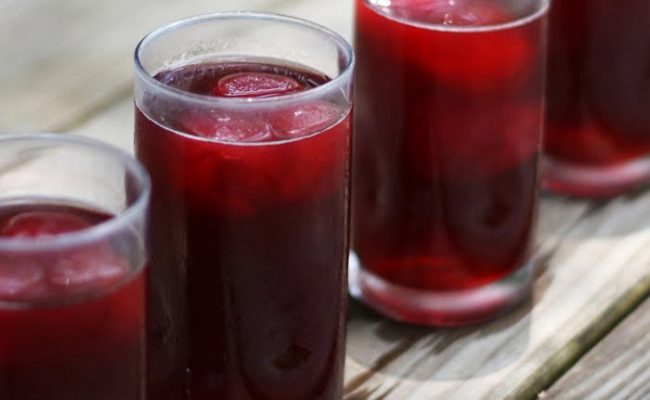Over 50% Ghanaians fight Covid-19 with Sobolo
- Posted on
- Comment

A RECENT peer review study published in the journal of Complementary and Alternative Medicine Research shows that over 50 per cent of Ghanaians adopted hibiscus tea, commonly known as Sobolo, to fight Covid-19.
The study also found that about 80 per cent of indigenous population used any form of herbal medicine to fight the deadly contagious virus.
Copy of the study conducted in Tema of the Greater Accra Region by Raphael Nyarkotey Obu and Lawrencia Aggrey-Bluwey of the Nyarkotey College of Holistic Medicine and University of Education, Winneba, titled “Naturopathic Medicine and Public Health Management in Ghana: A Mixed Questionnaire Study,” which is in custody of DAILY GUIDE, recommended to the government to have a policy direction for naturopathic remedies in Ghana.
The study examined the role of naturopathic medicine in public health in Ghana and potential policy direction for adoption of naturopathic protocols in global pandemic management, the challenges faced by naturopathic physicians in primary healthcare delivery, and the challenges of naturopathic medical students on their clerkship at one of the designated government hospitals.
Out of a sample size of 28, all of them believed that, there is a role of naturopathic medicine in public health management.
A total of 95 per cent of the sample size asserted that very little naturopathic remedies have been employed in the fight against Covid-19 in Ghana.
“During the Covid-19 pandemic, hibiscus tea and neem inhalation were widely used as preventative measures in Ghana with positive results. This demonstrates that there are potential benefits from naturopathy in public health and primary healthcare delivery, which is evident as a result of public acceptance of these remedies. Additionally, the principles of naturopathy which also involve healthy living, prevention and health promotion are analogous to the core functions of the Ghana Health Service,” the report said.
It added that, “we are of the opinion that the Ghana Health Service can further incorporate naturopathic services to improve health outcome.”
The researchers, as a result, were of the unanimous agreement that Ghana needs to adopt a national policy on naturopathic remedies in public health, to aid primary healthcare delivery.
The researchers suggested that there is the need to look at the best practices which exist in other jurisdictions such as China and India for adoption.
It also urged policy makers to speed up the passage of the Traditional and Alternative Medicine Bill.
From Vincent Kubi, Ashaiman










 (Selorm) |
(Selorm) |  (Nana Kwesi)
(Nana Kwesi)